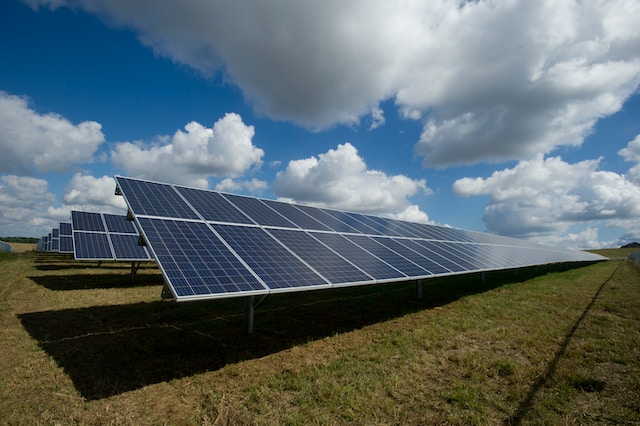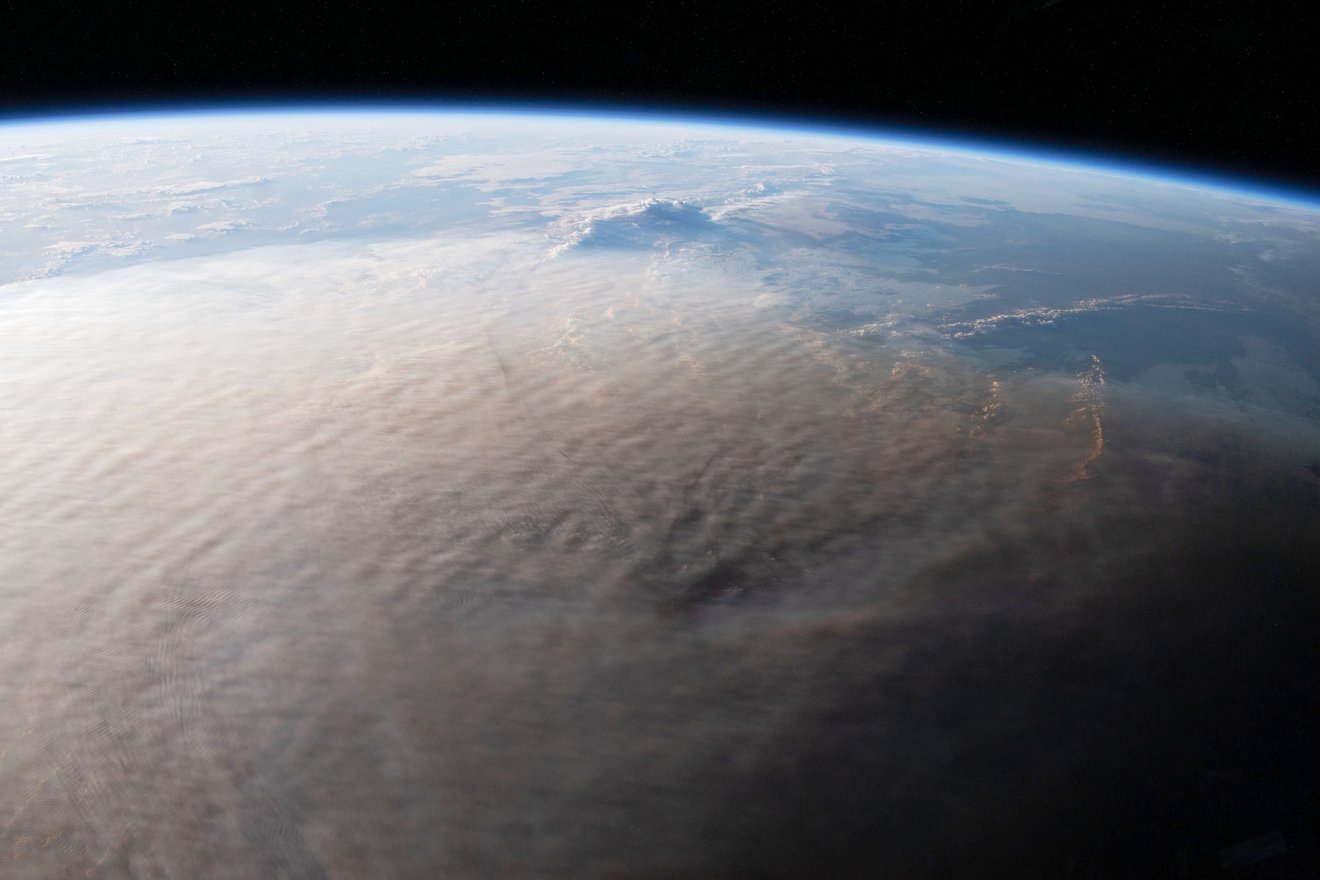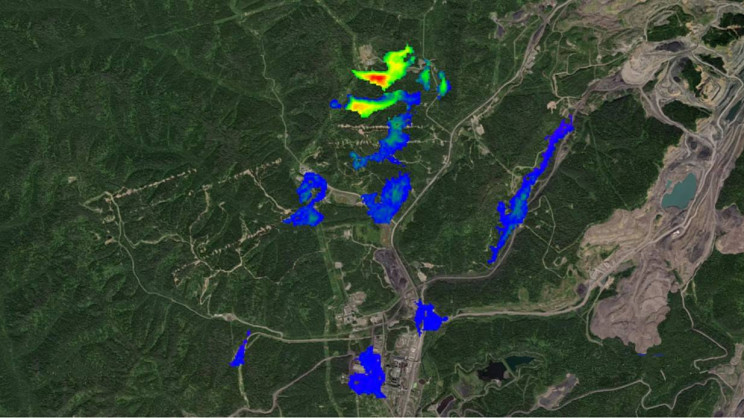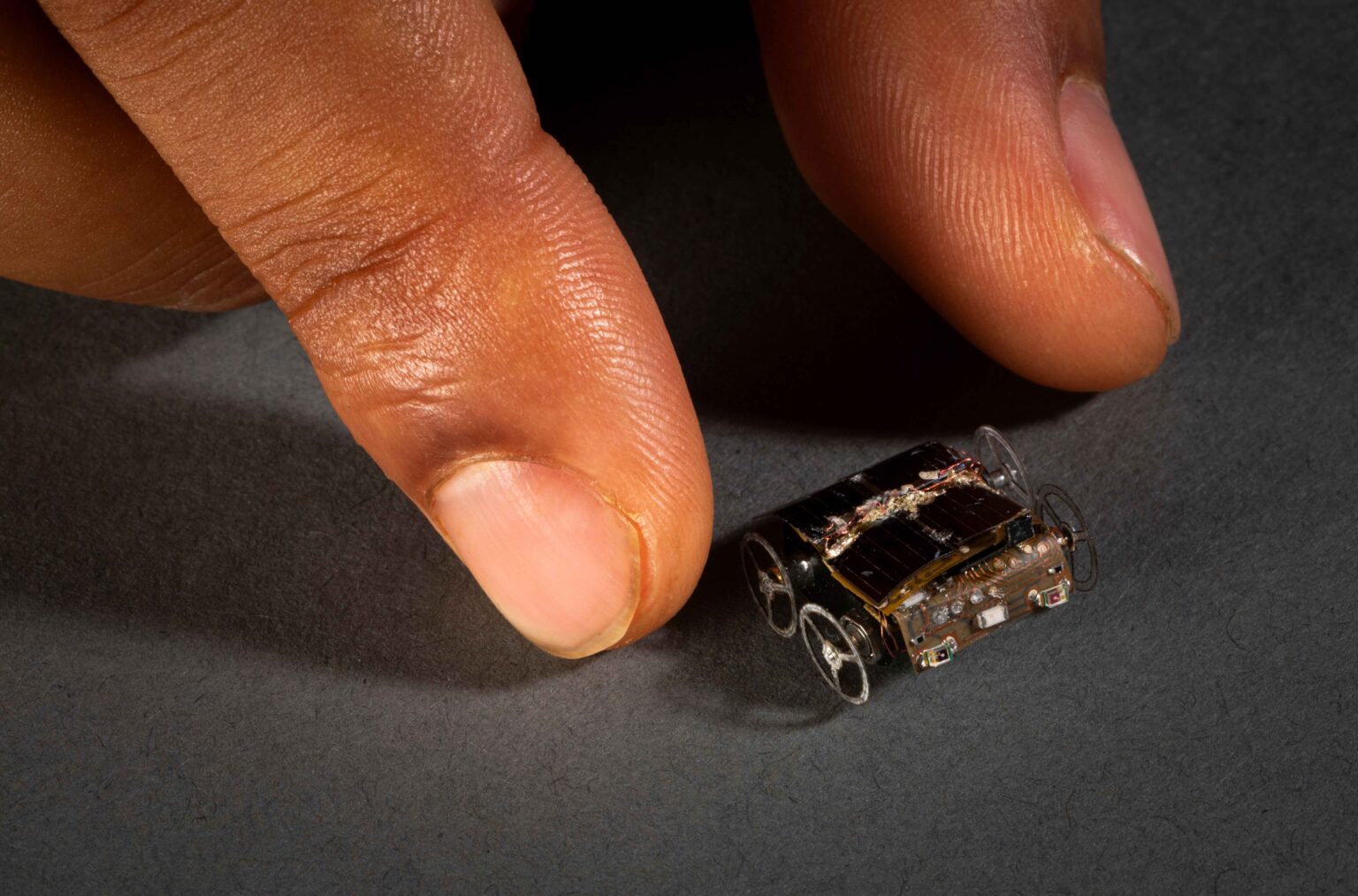A volunteer seaweed removal program involving citizen scientists has resulted in a dramatic improvement of up to 600% in coral regrowth off the coast of Magnetic Island. Significant regrowth of the reef was observed in areas where seaweed removal efforts took place.
Corals are vital ocean ecosystems, providing homes to diverse marine species, protecting coastlines against storms and erosion, and sustaining the livelihoods of millions worldwide. Nevertheless, they face numerous threats, including climate change, overfishing, and pollution.
Led by James Cook University Senior Research Officer Hillary Smith and Professor David Bourne, a joint Earthwatch Institute program has been ongoing since 2018. This initiative engaged volunteer citizen scientists in the removal of macroalgae, also known as “sea-weeding,” from experimental reef plots at two sites.
Coral Regrowth and Seaweed Removal
This program centers around the removal of invasive seaweed from coral reefs, a threat that can smother and harm corals. The removed seaweed is repurposed to create compost, which, in turn, is utilized as a fertilizer for crops. This not only helps preserve coral health but also promotes sustainable agricultural practices.
The findings from the project’s first three years demonstrate significant coral regrowth in areas where seaweed removal took place. Conversely, no observed change in coral cover occurred in plots where the team did not remove the macroalgae.
Safeguarding Coral Reefs for Future Generations
The ‘sea-weeding’ project represents just one of the innovative solutions in efforts to safeguard and rejuvenate coral reefs. Additional initiatives include the deployment of artificial reefs, the establishment of coral nurseries, and the development of new coral species with enhanced resilience to environmental stressors.
Clearly, there is an urgent need for action to protect and restore coral reefs. These ecosystems are not only crucial for ocean health but also for the welfare of millions worldwide. By endorsing projects such as the ‘sea-weeding’ initiative, we contribute to the sustained vitality of coral reefs for future generations.







